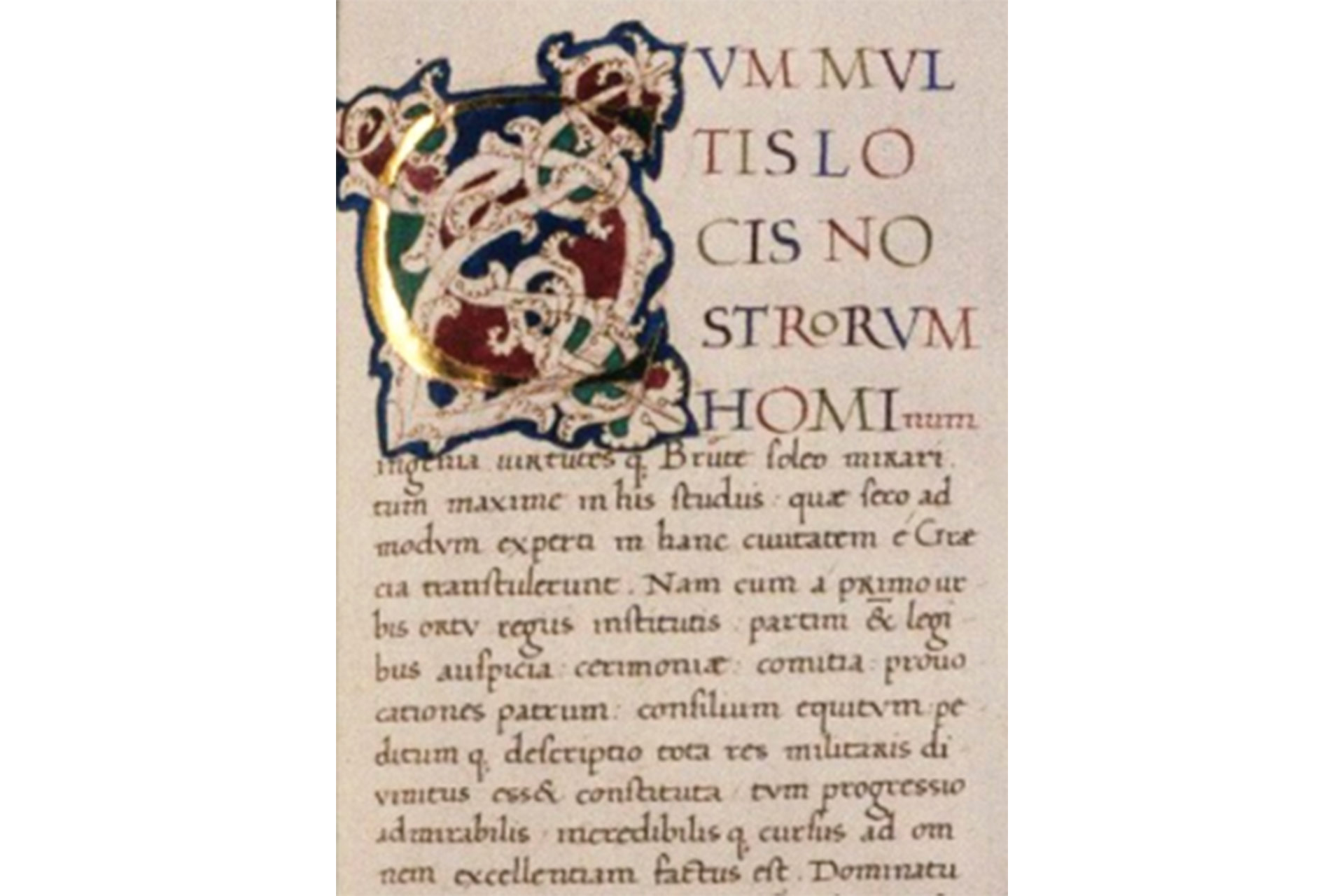The Emotions of Crisis: call for papers
Recent work has made great strides to advance our understanding of the conception, experience, and articulation of emotion(s) in Classical antiquity (e.g. Cairns 2008, Cairns et al. 2022, Konstan 2006) and to demonstrate the fruitfulness of applying modern critical frameworks such as trauma theory to ancient material (e.g Karanaki & Panoussi 2021, Kamil 2024).
This one-day interdisciplinary workshop seeks to build upon this corpus of work and to extend the current field of study by opening further inquiries into the framing and experience of emotion in the ‘lived’ experience of individuals (both ‘real life’ and fictional) and ancient discussions of emotion, trauma, and wellbeing, and by inviting conversations around the legacy of ancient ideas around emotion in the modern world. We encourage participation from researchers working in all disciplines who are interested in any of these topics, with the aim of fostering cross-disciplinary dialogues and establishing the basis for future collaborations.

We invite abstracts of up to 300 words for either 20 minute papers or 10 minute ‘lightning papers’ which engage with the above themes, and/or address the following areas:
- the relationship between language, emotional upheaval, and trauma in antiquity and in our contemporary world;
- ‘personal’ languages of trauma and emotion from antiquity to today;
- dialogues between ancient discussions of emotional distress and broader discourses on emotion, trauma, and well-being;
- the impact (or possible impacts) of ancient theories of emotion and emotional well-being in our modern world;
- new interdisciplinary approaches to the study of emotion and trauma in antiquity and beyond
Please submit abstracts and any inquiries to Elaine Sanderson (elaine.sanderson@liverpool.ac.uk) by April 4 2025.
This event is made possible thanks to the support of the University of Liverpool’s Early Career Researchers and Returners Fund. A small number of accommodation bursaries are available for PGR and early-career presenters. Please specify in your email if you would like to be considered for one of these, should your abstract be accepted.